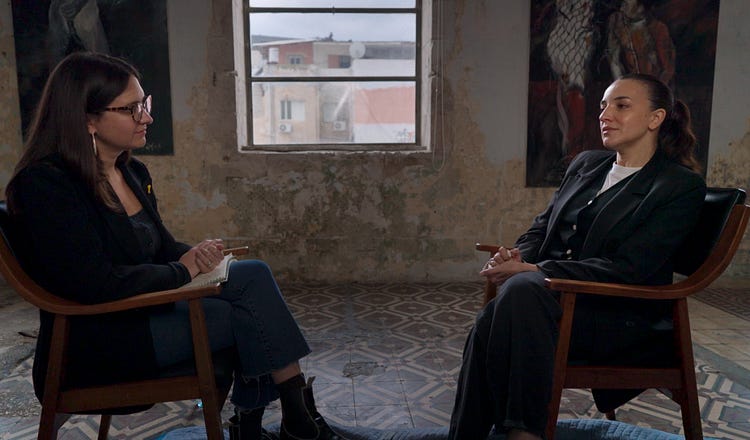WATCH: This Muslim Israeli Woman Is the Hope of the Middle East

Lucy Aharish (right) in Tel Aviv. (The Free Press).
I’ve done many interviews that have stayed with me. This might be the most moving of all. Meet the iconoclastic and brave Lucy Aharish.
459
Lucy Aharish is one of the most prominent television broadcasters in Israel. But that’s not the thing that makes her exceptional. The thing that makes Lucy stand out is that she is the first Arab Muslim news presenter on mainstream, Hebrew-language Israeli television.
Born and raised in a small Jewish town in Israel’s Negev desert as one of the only Arab…
Continue Reading The Free Press
To support our journalism, and unlock all of our investigative stories and provocative commentary about the world as it actually is, subscribe below.
$8.33/month
Billed as $100 yearly
$10/month
Billed as $10 monthly
Already have an account?
Sign In

